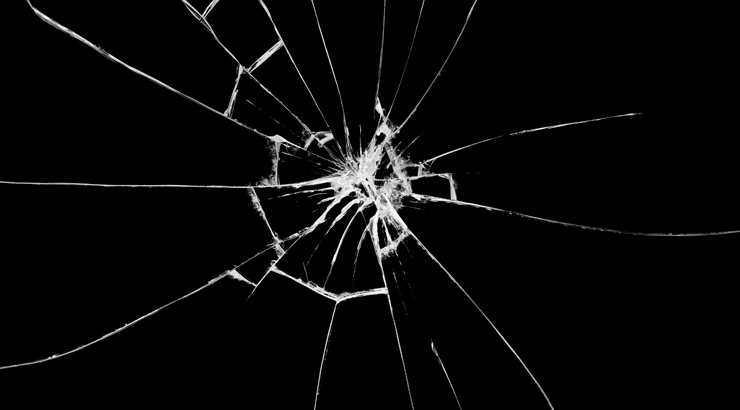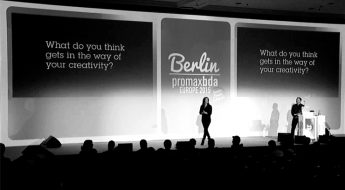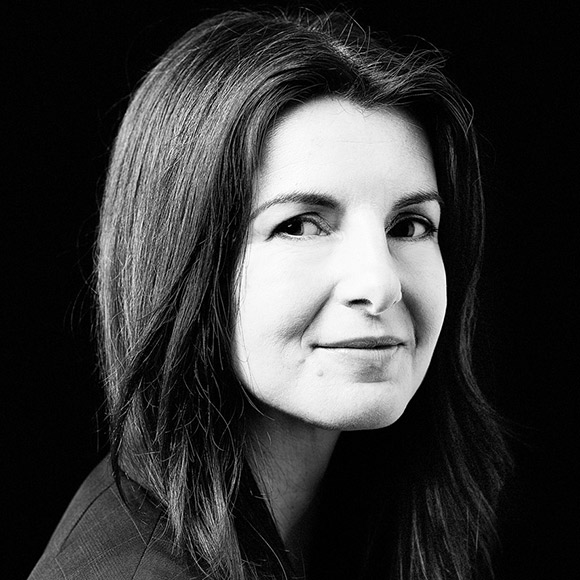
October 10th is recognised as World Mental Health Day. Founded by the World Federation for Mental Health, it’s in its 25th year. This year, the focus is on psychological and emotional well-being in the workplace.
“Good mental health is fundamental to thriving in life. It is the essence of who we are and how we experience the world. Yet, compared to physical health, so little is commonly known about mental ill health and how to prevent it. That must change.”
The creative industry has a growing problem when it comes to mental health and it’s not going away any time soon.
The pressure of needing to create new, groundbreaking, pioneering, breathtaking ideas – daily, weekly, monthly, yearly – in fact for the whole expanse of your creative career, is a big enough work challenge as it is.
Then add the emerging culture of creativity-on-demand along with the rapid speed of disruptive technological change, no wonder more and more creatives are struggling with anxiety, stress-related illnesses, burnouts and mental breakdowns.
Ironically, our industry is a place were you’re accepted and respected for being forthright, upfront, passionately outspoken and sometimes rather blunt.
Yet when it comes to mentally struggling at work, like most of the industry you’ll probably find yourself being purposefully quiet, and there’s a reason for that.
1 Because it’s a taboo subject.
2 Because you feel there’s too much at stake.
3 Because there’s no-one in the industry to ‘safely’ talk to.
Struggling with high-levels of anxiety and stress at work can lead to your creativity seizing up. That can not only be depressing but also career threatening.
Who wants to admit to your colleagues and peers that you’re low on ideas, as the mere suggestion can swiftly damage the hard-earned reputation you’ve built-up over the years.
So you keep quiet, internalise it and struggle on through.
I know so many creatives that have experienced this at some point in their career, myself included – you try to keep it together when you’re falling apart inside and hope you make it out the other side.
So what can be done to help?
There’s no denying the current lack of mental support structures for creatives in the industry.
Therefore, to give birth to a culture of creative well-being, we need to start by understanding and accepting that even the most brilliant creative minds can go through a period of mental struggle, due to work or personal distress of some kind.
It needs to be understood within the industry that when that happens, it’s not that ‘you can’t hack-it any more’, ‘you’re all dried up’ ‘you’ve lost it’, as the current work climate and even your own thinking tends to insinuate.
It needs to be understood that it’s not reflective on you as a creative, it’s just reflective on what’s going on for you internally at that time in your life.
It needs to be understood that it’s perfectly acceptable to seek mental support, to help get you back on track.
The creative industry as a whole needs to cultivate an acceptance of creatives being able to talk ‘safely’ about their internal struggles and to provide them with support.
This needs to be the industry’s number one prerogative.
As the Mental Health Foundation states:
“Fear of discrimination and feelings of shame are among the top reasons people give for not telling their colleagues about their mental health problems. When we create workplace cultures where people can be themselves, it is easier for people to speak about mental health concerns without fear, and easier for them to reach out for help when they need it. Even so, the decision to disclose distress at work is not one people take lightly. It is vital that workplaces become environments where people feel safe to be themselves.”
Changing the mental health culture within the creative industry is something I’m extremely passionate about. I work with many clients that struggle with high levels of anxiety and stress that impacts their creativity and well-being.
Yet once they’re able to speak about their experience and understand the way through it, they soon get back on track, with added resilience.
Let’s build a culture where you can open up about those mental, behind-the-scenes concerns about yourself and your creativity.
Let’s shine a light on those unhelpful ‘thought companions’ that mull away quietly in the background and stop you from being your awesome best.
Let’s open up.
For World Mental Health Day, the people at It’s Nice That have brought together creatives from across the sector to share how mental health affects them.
https://www.itsnicethat.com/features/world-mental-health-day-its-nice-that-101017










 If you’d like to connect, have an informal chat or just find out what’s possible, then please send me a message via the contact form. I love to answer inquiring questions from curious minds.
If you’d like to connect, have an informal chat or just find out what’s possible, then please send me a message via the contact form. I love to answer inquiring questions from curious minds.




